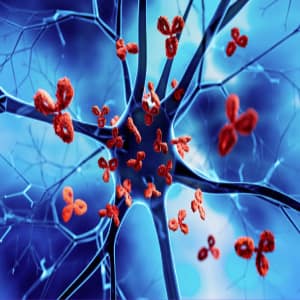The increasing prevalence of autoimmune diseases and allergies across the globe is a clear indicator of declining immune system health. This trend is influenced by a variety of factors that collectively undermine the efficacy of our immune defenses. Let’s explore the main contributors:
- Environmental Factors: Our immune system health is directly impacted by environmental pollutants, chemicals, and toxins. Such exposures can initiate immune responses, leading to autoimmune diseases. Notably, air pollution and pesticides are linked with a higher risk of conditions such as asthma and lupus, emphasizing the environmental threat to immune system health.
- Genetic Predisposition: Genetics significantly influence immune system health, with certain genetic profiles increasing susceptibility to immune dysfunctions. This predisposition, when combined with environmental factors, often triggers the onset of autoimmune diseases and allergies, underscoring the genetic aspect of immune health.
- Diet and Gut Health: The connection between diet, gut health, and the immune system is profound. A diet high in processed foods and low in fiber can lead to inflammation and weakened immune responses. Moreover, gut health is a critical component of immune function, where an imbalance can lead to conditions that challenge immune system health.
- Lifestyle Factors: Lifestyle choices, including physical activity, stress management, and sleep quality, play significant roles in maintaining immune system health. Sedentary habits, chronic stress, and poor sleep can all compromise immune function.
- Infections: Certain infections can trigger autoimmune responses, particularly in individuals with genetic susceptibility. This highlights the role of infectious agents in affecting immune system health.
- Hygiene Hypothesis: The theory that limited early exposure to microbes can lead to a less developed immune system suggests that our modern, cleaner lifestyles may contribute to the increased prevalence of allergies and autoimmune diseases, reflecting on immune system health.
- Vitamin D Deficiency: Vitamin D is essential for immune function, and its deficiency is linked to an increased risk of autoimmune diseases, highlighting its importance for immune system health.
- Hormonal Influences: Hormonal factors, especially in women, can impact immune system health, contributing to the higher incidence of certain autoimmune diseases among females.
Addressing these factors is crucial for enhancing immune system health and reducing the incidence of autoimmune diseases and allergies. Adopting healthy lifestyle changes, improving dietary habits, and minimizing exposure to harmful environmental factors are key steps toward bolstering our immune system health.
Are you ready to transform your understanding into action? At Holistic WellCare Advisers, we believe in nurturing your health from the roots up, embracing the interconnectedness of your lifestyle, environment, and nutrition. Join our community of wellness advocates today and start your journey towards a balanced, vibrant immune system. Because your health is not just a state of being, it’s a state of thriving.
? Discover More and let’s cultivate well-being together.



